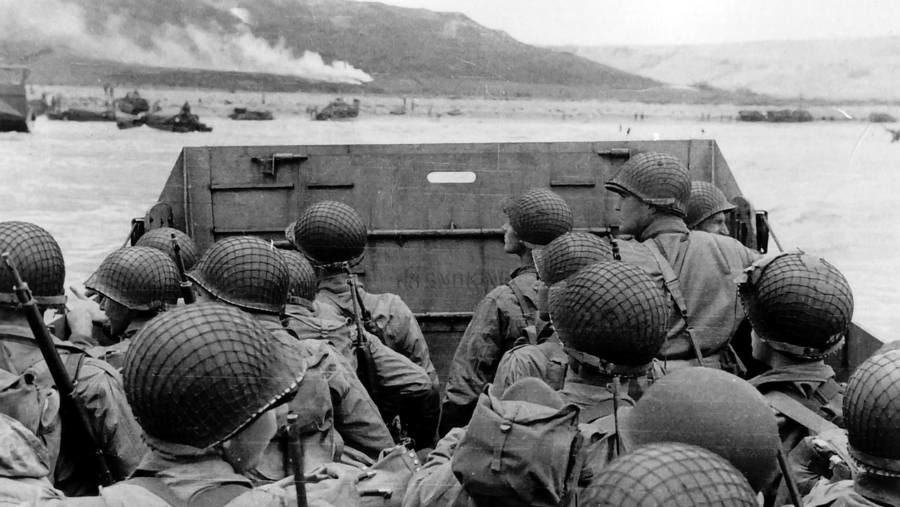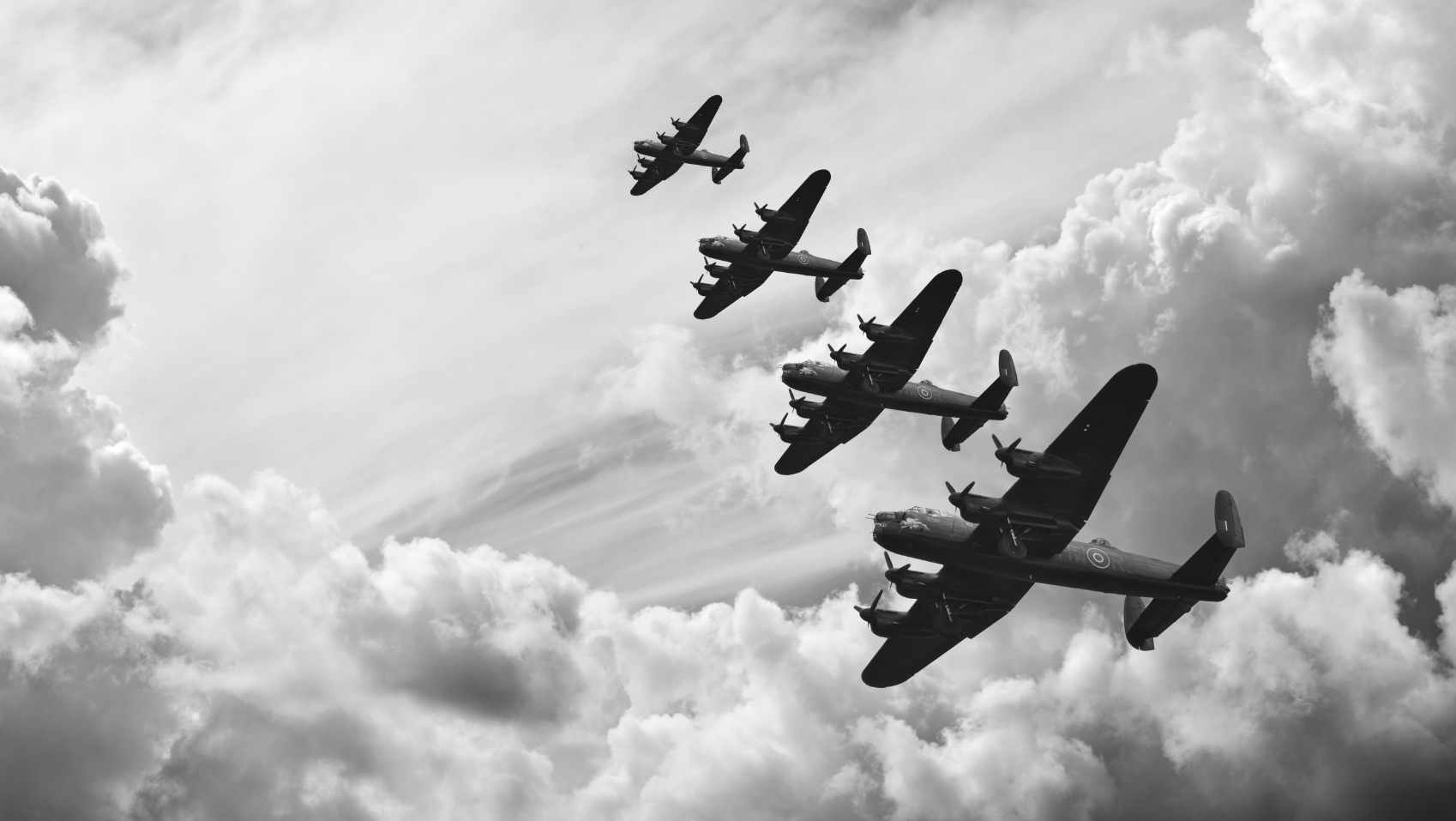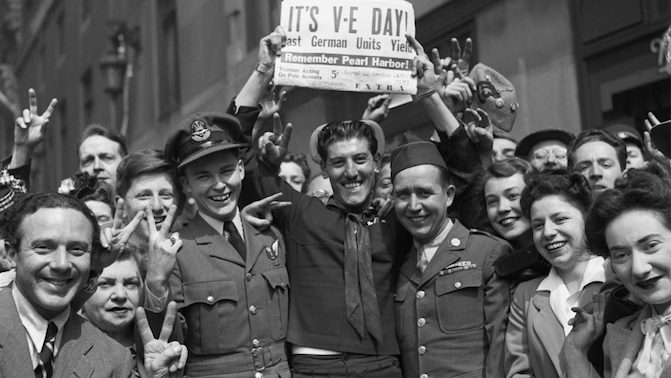BBC Radio News broadcasted in celebration as soldiers from Italy return home. Play as you read (WA4CZD, 2012).
The war was over. The remaining soldiers are sent back home, greeted by their loved ones, relieved. Civilians had to go back to their routine from years prior.
Based on the broadcast by BBC, the public viewed veterans as strong and courageous. Although honorable, others did not encounter the impossible. How was it possible to go back to normal after what happened? It was impossible to ignore the death of thousands and the destruction of homes, places that carried memories, the remaining threads of happiness snipped.
Specifically, soldiers had to deal with gruesome flashbacks on the battlefield. For example, many Japanese soldiers bothered by the sight of their brothers dead can recall looking up at the sky and repeating to themselves that this was unreal and all just a nightmare ("Japanese Reflections on World War II and the American Occupation," 2021). Their families only had to worry about their survival, but they even want to live after what they went through? In Japan, soldiers were expected to die and were told to die rather than lose the enemy's fight or get captured. Going into war with this mentality and being one of the few soldiers returning home alive was challenging. A mental struggle. This is where the idea of post-traumatic disorder (PTSD) comes into place.
Although soldiers had to deal with their unique form of emotions, it was not just individual experience but also equally social (inter-subjective). They all live through the same war, the event that wrote history itself. This shared trauma, going through the same era, did not communicate these experiences to each other because it manifested as something damaged. This pent-up sadness, anger, and empty voids did not make it any better for themselves.
Their families were often confused or did not understand their experiences and feelings. It was an era of propaganda where war was glorified and an act of honor and courage to the general public. However, it was so commonly a different story from the soldiers who experienced it. This use of propaganda can be seen in Japan, as until the end of the war, the government had Japanese citizens believe that Japan was easily winning. This, however, was utterly false, and Japanese soldiers were the ones to experience the reality of the war first hand ("Japanese Reflections on World War II and the American Occupation," 2021). The two groups viewed war as an entirely different thing which may be partially why these soldiers had such a high suicide rate; no one seemed to understand them. This misunderstanding led soldiers to try to return to normalcy to try to find other ways of coping. Some were lucky to understand therapists who were rare and seen as taboo, while others turned to religion, and others turned to art.




